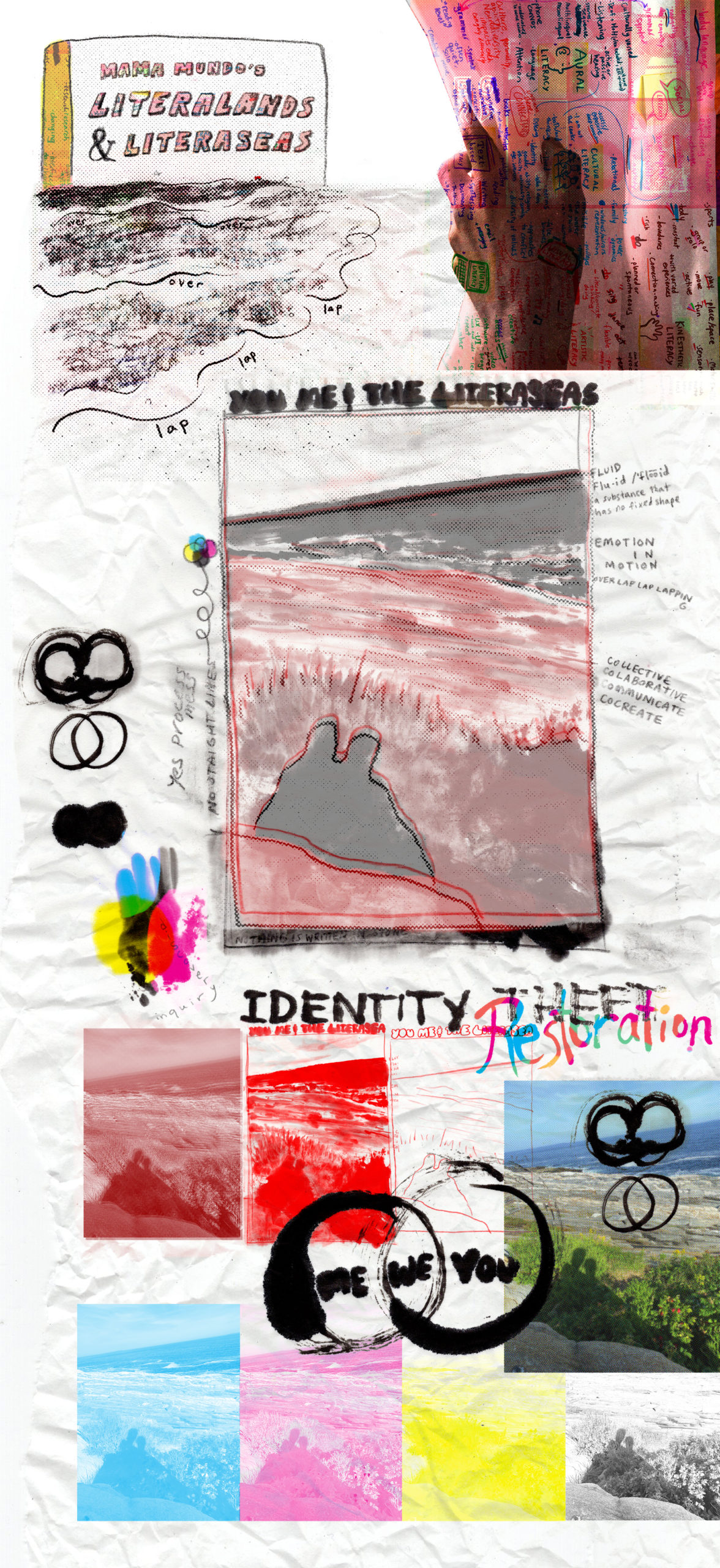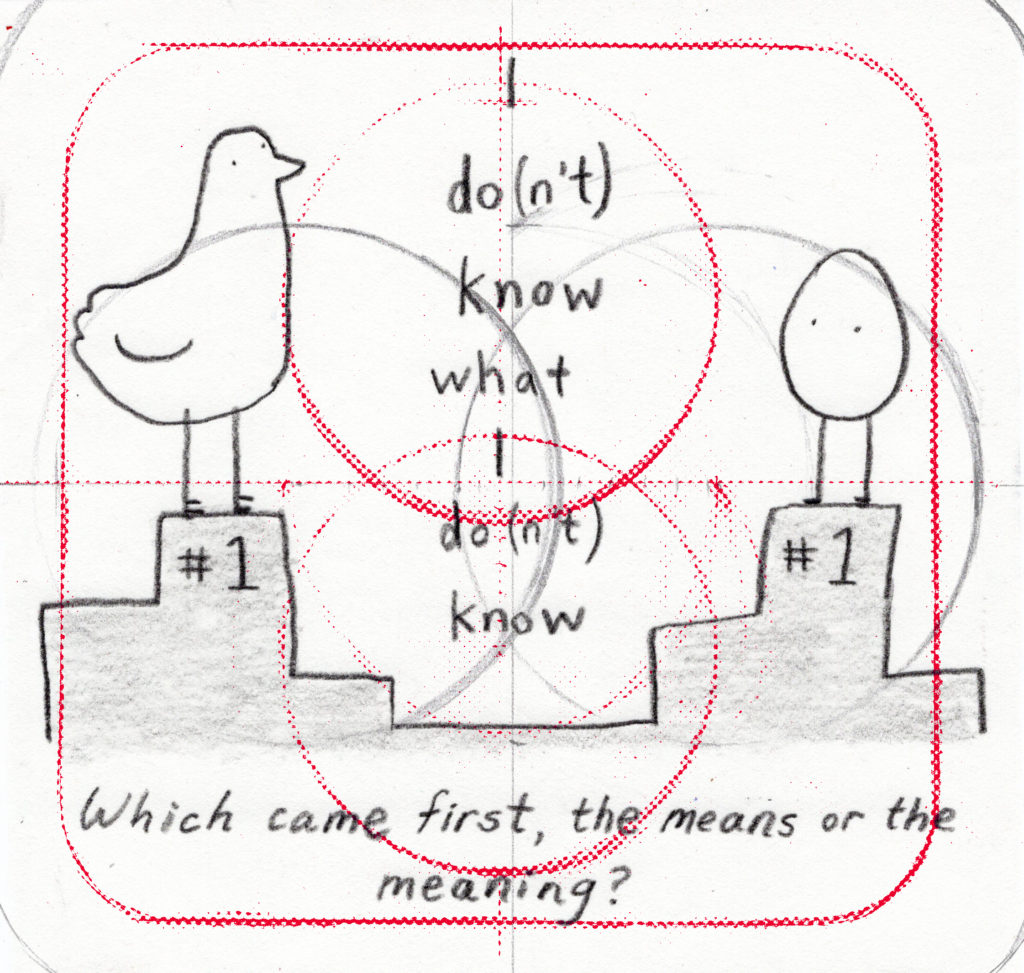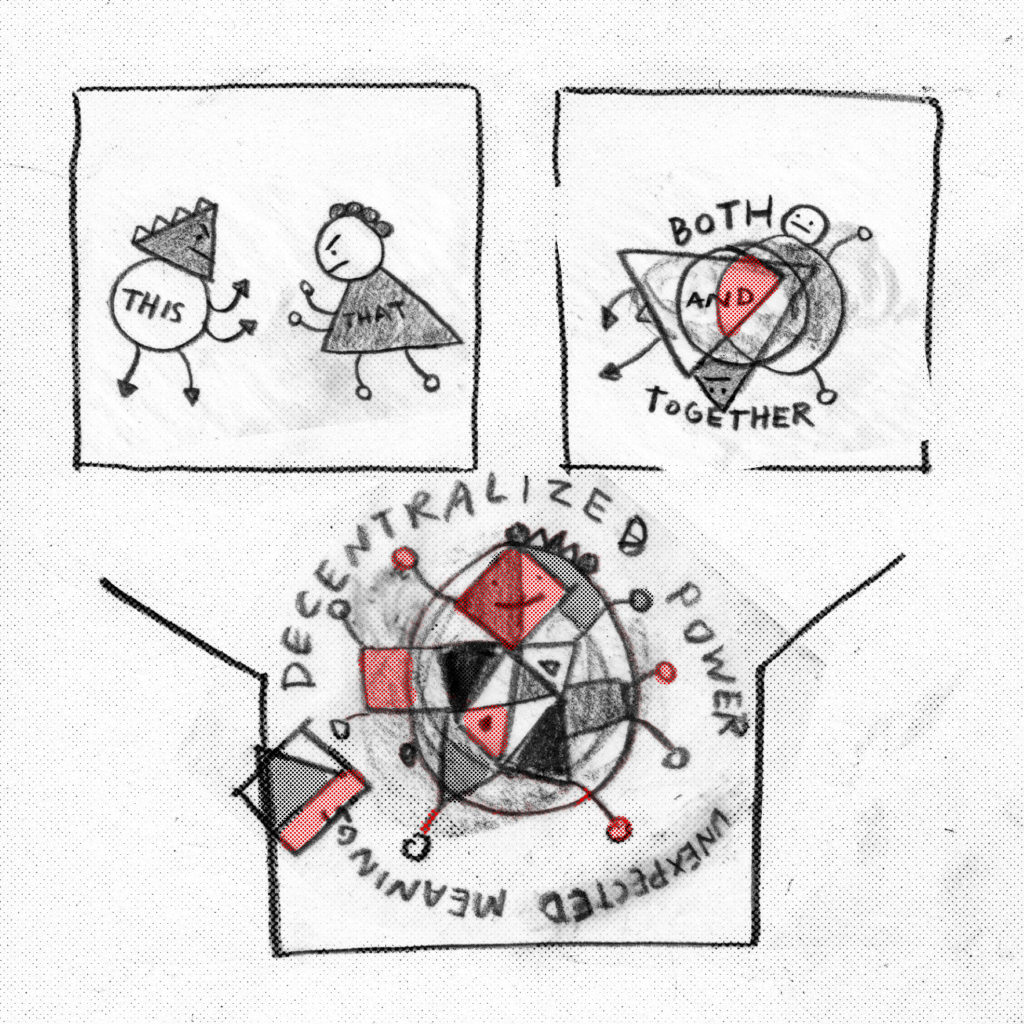We CAN Make a Difference in Student Learning!

The Origin Story
The Connected Arts Networks (CAN) is a 5-year grant initiative funded by the U.S. Department of Education (ED) to create nationwide virtual Professional Learning Communities (PLCs) with educators in visual and media arts, dance, music and theatre. The purpose of CAN is to build a sustainable model of professional learning for arts educators to strengthen their pedagogy, instruction and leadership skills to better serve students.
The roots of this project can be traced back to work that began in New York City Public Schools (NYCPS) over 17 years ago. Since its inception, multiple projects backed by the NYCPS Arts Office have been focused on exploring and cultivating excellent teaching and learning in the arts. For the past 10 years, this work, funded by ED grants, helped develop a sustainable model for PLCs across the nation’s largest school district by honing practices related to classroom-based action research. “Arts Mondays,” which were later renamed to “Connected Learning Communities,” successfully established local PLCs for each art form and grade level across the five boroughs of New York City. A critical component of this continuing work has been the creation and expansion of teacher–leadership skills among a cadre of arts educators who facilitate PLCs, while also supporting the growth of their peers.
Following a brainstorming session that occurred in late 2020, the National Art Education Association (NAEA) and NYCPS joined forces to write a new grant application in 2021, which also facilitated a partnership with the Educational Theatre Association (EdTA), the National Association for Music Education (NAfME), and the National Dance Education Organization (NDEO). This newly formed collaboration focused their attention to supporting arts educators on a national scale. As a result, the Connected Arts Networks was launched across the United States in the fall of 2021.
This national CAN project aims to expand the already successful model developed by NYCPS by leveraging the shared knowledge educators now have of working remotely during the COVID-19 pandemic. This new focus, both locally and nationally, is aimed to serve every student by incorporating social and emotional learning practices in the arts classroom, as well as highlighting the need for inclusive and accessible teaching for diverse populations. CAN arts educators are asking themselves, “What does equity look like in the art classroom, the music classroom or the theatre or dance studio?” This line of inquiry is the foundation for new unit plans that seek to improve student learning and teacher instruction.
Arts Educators Make Great Leaders
One of the goals of CAN is to develop a local and national cadre of Teacher Leaders in the arts. The education field needs more leaders, and arts educators are often on the cutting edge of school reform. Educators in visual and media arts, dance, music and theatre employ student-centered instruction, incorporate reflection activities in the classroom and often utilize formative assessment practices, such as peer- and self-feedback processes. Arts educators seek out ways for students to express their identity and their vision, while also encouraging experimentation and collaboration. Yet, despite all of this, arts educators often don’t see themselves as leaders in their school buildings or districts, and they are often set apart from educators of other subjects. For this reason, arts-focused PLCs allow these educators to feel a sense of belonging and togetherness, much in the same way they create these environments in their arts classrooms.
Call to Action
This fall, CAN is seeking to recruit up to 600 arts educators (150 per art form) to join the network as national PLC members. These PLCs will meet virtually each month of the school year from January 2024 through June 2026. More details about the project, the commitment and the application can be found here.
Applications for becoming a CAN Teacher Leader are open now through Nov. 13, 2023. We hope you will consider applying!
Instagram: @AllArtsCAN
Facebook: The Connected Arts Networks
Connect with colleagues nationwide through online Professional Learning Communities. Together through the arts, we CAN make a difference in student learning!
Reflections From Current Teacher Leaders
“There are so many things I love about being a teacher leader in CAN—the camaraderie and support of the other teacher leaders, the laughter and sharing of ideas, as well as the focus on DEI [diversity, equity and inclusion] and SEL [social and emotional learning]. But perhaps my favorite part is the personal growth I’ve experienced as an educator. That growth directly influences the culture I wish to establish in my classroom, and it helps me develop lasting relationships with my students, as well as engage them in deeper work.” —Kristie Farr, EdTA
“Being part of CAN has been rewarding in so many ways, from meeting and collaborating with strong leaders in art education, to receiving resources and opportunities to learn from others who share a passion for social [and] emotional learning and equity, diversity and inclusion in the art classroom. I am excited about what’s to come!” —Raine Dawn Valentine, NAEA
“Arts teachers, particularly those in music, are the most likely to be split between school buildings and, as such, are most likely to go many days without interacting with another teacher who teaches the same subject. To be part of a project which focuses on connecting me with teachers who share my lived experience and facilitate allyship between the arts is an asset beyond measure to my professional and personal wellbeing.” —Nathan Rødahl, NAfME
“Being a part of CAN has been such a wonderful experience! I have enjoyed opportunities to connect with other dance educators, and it’s refreshing to be able to speak ‘dance’ and not have to explain myself. The quality of information and resources I have been privy to as part of the program has been eye-opening, and it has allowed me to truly reflect on my practice as an educator. I appreciate that everything has been catered to the arts, which can be difficult when it comes to professional development in my field.” —Ashley Cartledge, NDEO



